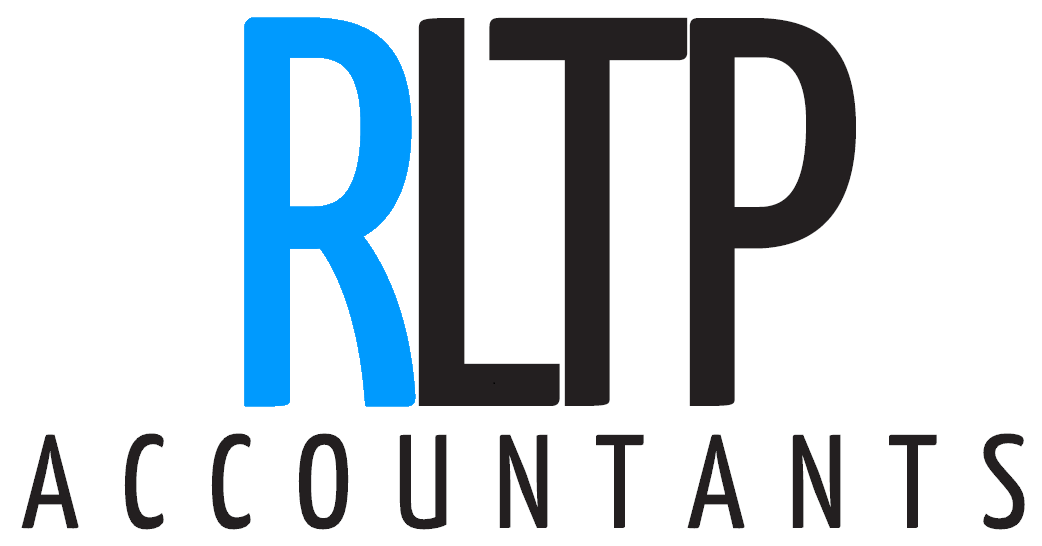Accountants are a fundamental part of the smooth-running of any business, regardless of the industry you work in. In addition to managing business accounts, expert accountants, such as us here at RLTP Accountants, are dedicated to ensuring our clients are fully-compliant with the very latest tax legislation.
However, there comes a time when a business might need to change their accounting firm and this could be for any number of reasons. It can be a difficult and overwhelming change to make, but it’s often the best decision for companies looking to grow and adapt as time goes on and RLTP Accountants will be able to develop with your business needs. But how, exactly, can you go about changing accountants?
1: Register with a new accountant
The first step is to find an accountant that is the best fit for you and your business needs. You should discuss what services you require, what exactly it is you expect from your new accountant, and agree on pricing for those services.
Once you have registered with a new accountant, such as RLTP Accountants, who specialise in small and startup businesses, they will send you a form that you’ll need to complete in order to finalise your registration with them. Here, you will have to disclose personal information as well as details regarding your company.
In order to comply fully with UK law, your new accountant will need to conduct anti-money laundering checks against you and so you’ll also need to provide them with either a scanned copy or an original passport.
Alternatively, you can hand over your original driving licence or a scanned copy of it depending on which one your accountant requires. In addition to one of the aforementioned documents, you’ll also likely need to provide a recent utility bill.
2: Contact your existing accountant
You may wish to contact your existing accountant to let them know that you are moving accountants. Your existing accountant may issue a disengagement letter. Within this letter is confirmation about whether or not there’s any expectation for work to be finalised, such as completing the financial year-end accounts, for example.
3: Sign a 64-8 form for your new accountant
A 64-8 form essentially authorises your new accountant to deal with the HMRC regarding both your company and personal tax affairs and so you’ll need to sign it. Alternatively, you can use the online authorisation tool that the HMRC provides in order to complete this same step. The latter is far more favourable if changing accountants is particularly time-sensitive.
4: Read through the ‘letter of engagement’
It’s highly-recommended that the accountant you choose to switch to is a member of a recognised body, like the AAT, for example. In this instance, they’re required to issue every client with a ‘Letter of Engagement’. The letter of engagement should set out the accountants responsibilities, along with your responsibilities as a client. It should also confirm any fee arrangements with the new accountant.
Richard Pilmore of RLTP Accountants, is an AAT licensed accountant and Dext partners among being official advisors for well-known accounting programmes. Our accountancy services are also award-winning, having achieved the 2020 Accounting Audit & Tax Award and the title of the “best owner-managed bespoke bookkeeping Firm” in the East Midlands – all of which we’re extremely proud of. With this in mind, you can count on us to provide you with professional accounting services, including, but not limited to, the following:
- Bookkeeping and VAT
- Budgeting and forecasting
- Cloud accounting
- Company formation
- Payroll and auto-enrolment
- Self-assessment
Once you have been provided with it, make sure you read it through as carefully as possible so as to understand the expectations and requirements between yourself and your new accountant. Look at it more as reading through a contract so as to know and understand what you’re getting and what you can expect.
5: Your new accountant will need to write a letter requesting ‘professional clearance’ from your existing accountant
Your new accountant will need to write to your existing accountant a letter requesting ‘professional clearance’. This basically explains to your, soon-to-be, previous accountant that you’ve already contacted and appointed a new accountant to represent yourself and your company. This gives your old accountants the opportunity to declare any professional reasons as to why you cannot switch accountants or as to why they cannot accept the appointment.
The letter will also request documents such as: copies of accounts, tax records, tax returns and other important pieces of paperwork your new accountant might need. It should take just a few weeks for all of the accounting information to be transferred over to your new accountant, although the length of time this takes can vary depending on the complexity of your accounts and other factors.
If any work is needed in order to bring your accounts up to date, then you might need to discuss this with your new accountants and negotiate a fee with them to have this work completed.
RLTP Accountants are highly-experienced experts, with a wealth of knowledge and expertise to draw upon in order to deliver sterling accounting services to our clients, regardless of the industry you work in. We’re proud to work with a wide range of clients, with each one benefiting from our specialist guidance and services. For more information about how we can help you today, get in touch with a member of our dedicated team today – we’re always happy to hear from you.


